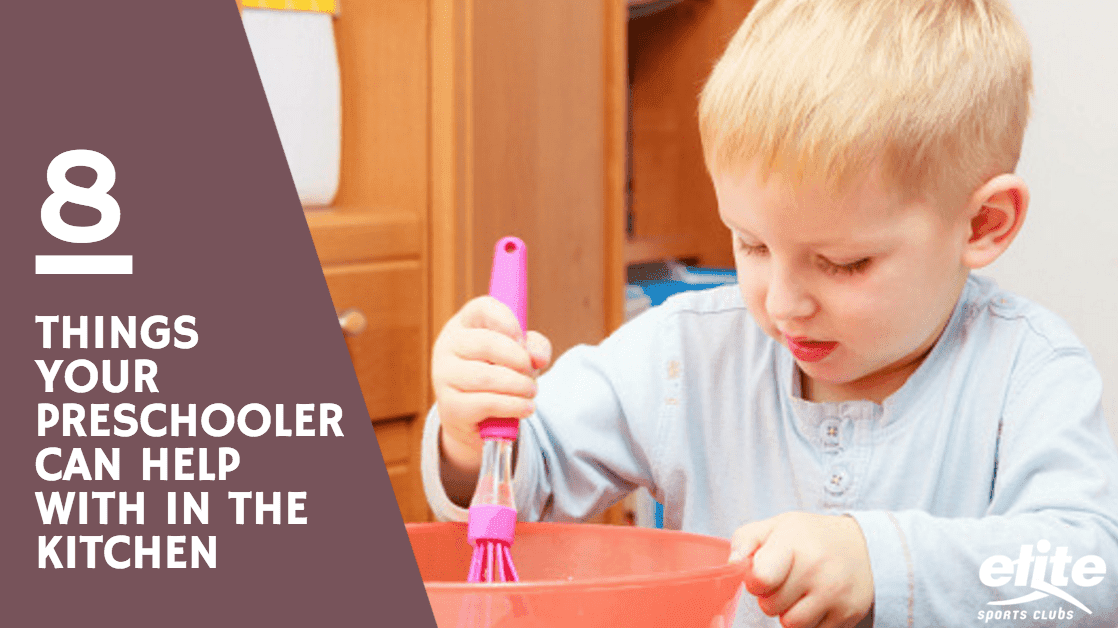
Children today need the same things that adults need for food and nutrition, but in smaller amounts. (Read: “Right-Sized Portions for Your Toddler”)
For example, they need 2-3 glasses of 1% or skim milk daily, which includes yogurt, cheese, and even chocolate milk. The important issue with children is to keep them involved in the drinking of milk products without difficulty. Our children also need 3-5 oz. per day of lean meat, fish, and poultry, as well as other sources of protein, as eggs, beans, and peanut butter. Those are the cornerstones.
But just as important are the liberal amounts of fruits and vegetables that they will need, as 1/3 to 1/2 cup servings, 5-7 times per day. They need nuts, high fiber carbohydrates as wheat grain breads, and cereals. This is not to exclude a variety of dietary fats, but certainly not from the deep fryer. They need simple foods for their digestive systems that are still developing.
Entrees and boxed dinners have too many additives that are used to keep foods emulsified and fresh-like. Children just do not need the chemicals that these foods require as “preservatives.” Simple foods are plain crackers, natural ice creams or frozen yogurts, whole wheat breads, and homemade dinner entrees that are not full of extra fat and salts, or additives that enhance the taste of the food artificially. Rather, they contain simple, natural ingredients such as vanilla, whereby the children can learn about the basic tastes and components of foods. A good example is Doritos Chips which have way too much coating and preservatives for the children to digest in one day!
Ways to include children in the process of preparing and appreciating food in the kitchen:
- Show them how to set the table
- Ask for their help in planning the menu
- Have them prepare the drink glasses for dinner
- Ask for their help in planning snack choices for after school and before bed
- Show them how to use basic forms of equipment—the blender for making smoothies, toaster oven, microwaves, etc.
- Educate them about how to handle a small sauté pan, hot pads, utensils
- How to load the dishwasher
- What to do if a fire starts and what to do first
(Read: “Everyone Wins When Kids are in the Kitchen”)
Kids need this type of education as early as possible in order to gain the self esteem that comes from learning a new skill and to build confidence when away from home. It is all about training and learning at an early age!
The “All in the Family” program may be a good way to start! This is a family-centered eating program designed to help children and adults to make better nutritional plans. Food choices are examined, as well as eating schedules, snacks, and time in the kitchen as a family. Includes 3-hours time. Program available at all Elite Sports Clubs. (Contact Rita for more information and pricing.)
Written by Rita Larsen, RDN, CD; Elite Sports Clubs Nutrition Educator & Diet Counselor
Rita is certified in Positive Psychology, University of Penn; has a BS in Dietetics from Kansas State University; and an Internship and Masters at the Indiana University Medical Center.
Schedule a Nutrition Consultation